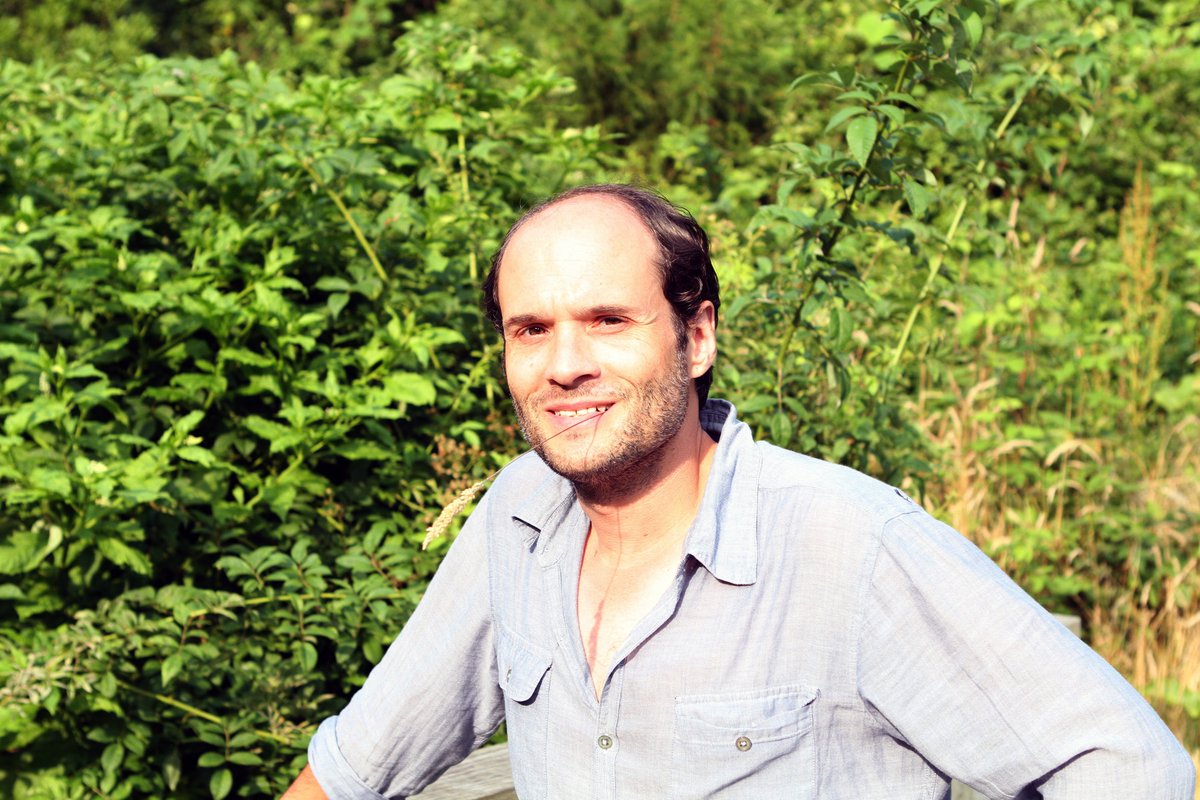the death of my best friend Matt Smith this week has made me think hard about how we as a scientific community often don't know how to respond to the death of one of our own and the limitations of not seeing the intersection of science and humanity 1/n
my first thought is that it's somewhat odd, particularly for biologists who are so aware of the transient nature of birth, death, and aging in all of the creatures we study. We're so familiar, but we can barely talk about it 2/n
perhaps it's super simple and all boils down to the fact that publicly discussing death and dying is largely taboo in western culture 3/n
my second thought is that we're all so damn fixated on citation scores, grant money, and the number of papers we write that we forget that the people we interact with regularly are human beings with friends, family, and are most often very full of love. 4/n
because of this more singular focus, we miss out on the humanity of scientists and therefore lose out on the opportunities to learn from one another about how to be better people, which in turn would make us better scientists, mentors, teachers, and friends. 5/n
like take for example Matt, who on paper had a strong record as a scientist, but because of his battle with cystic fibrosis never achieved some extraordinary position of as a researcher or published a million Science/Nature papers. 6/n
at the same time, he taught me so much about accepting other people as they are, using my words carefully, saying "i love you" to my closest friends, acknowledging my own imperfections, and defining the meaning of community and the joy and support that it provides 7/n
learning all of those things from him made me a better human but also a better scientist and mentor (with lots of room for improvement). but it also made me increasingly want to listen and learn from him about science, natural history, and the power of humility within science 8/n
for example, i heard the idea of strong inference lots of times early in graduate school but only truly learned about how to apply this idea from learning about how matt approached his work on burrowing owls https://www.cals.arizona.edu/research/azfwru/cjc/publications/Journal_Articles/2007/Smith_and_Conway-2007-Animal_Behaviour_73_65-73.pdf 9/n
i listened carefully and learned from him because of how much i valued him as a human being first, not because of how clear it was when i first met him that he was intelligent and academically mature 10/n
so this is just a small example of how appreciating the humanity in one another can offer us extraordinary opportunities to grow. 11/n
and there's a lesson here for all of us while we are alive to to take the time to get to know one another and our students on a much more personal level so that we can and want to learn from them and they can and want to learn from us 12/n
and as we reflect on the death of any of our colleagues and friends in the future, there is good reason to consider who they were as people first, their accomplishments in bringing humanity to all of us, as well as all of the things we have learned from them as scientists fin/n

 Read on Twitter
Read on Twitter


